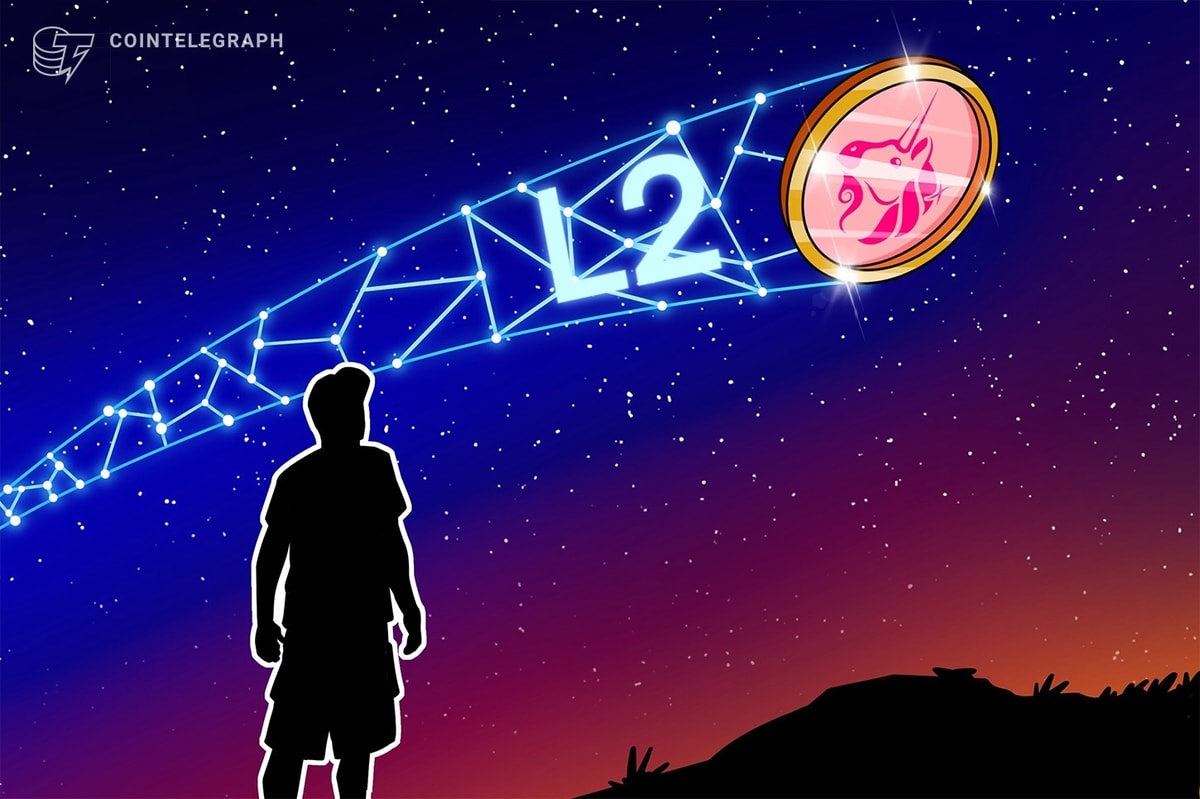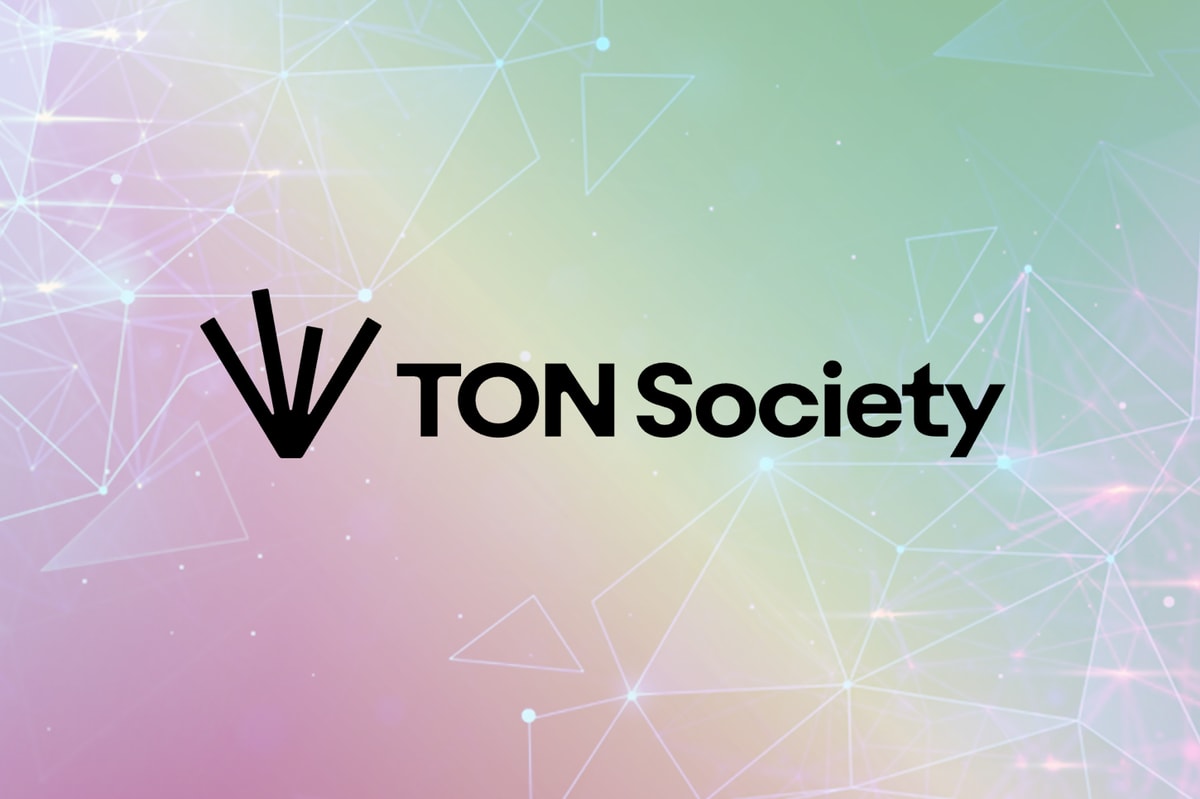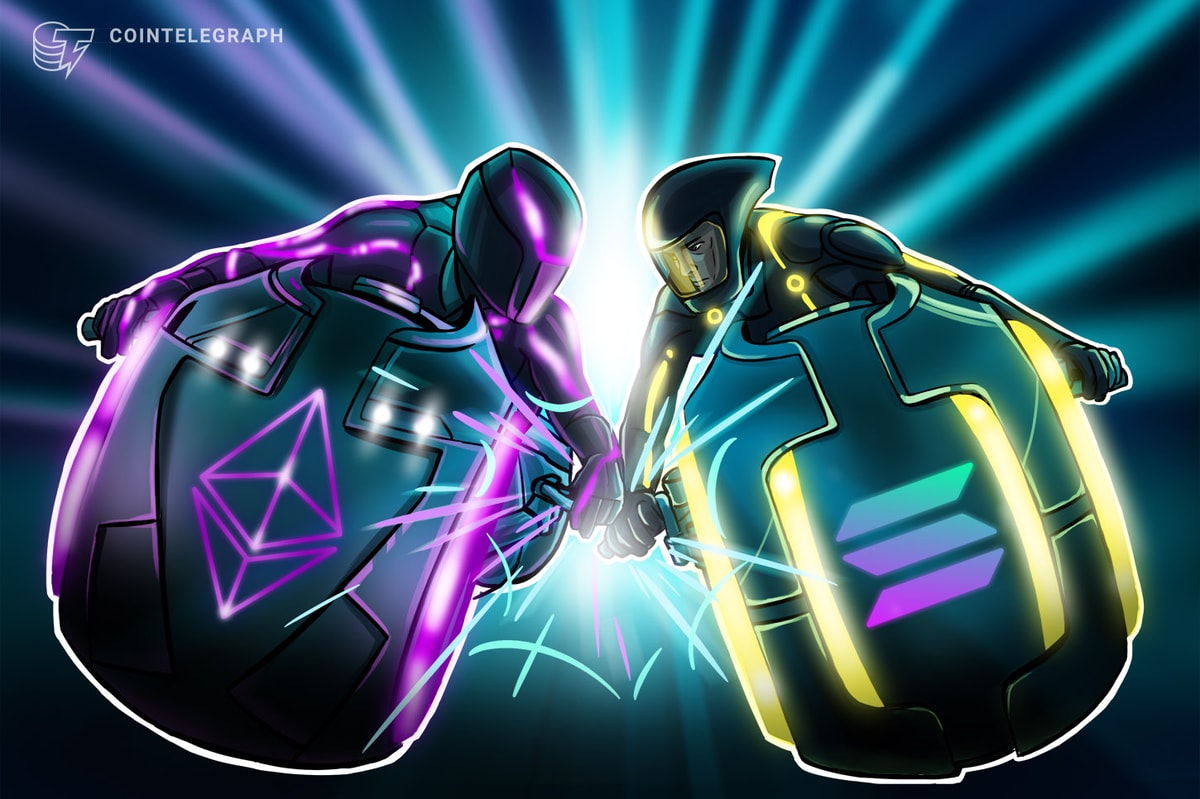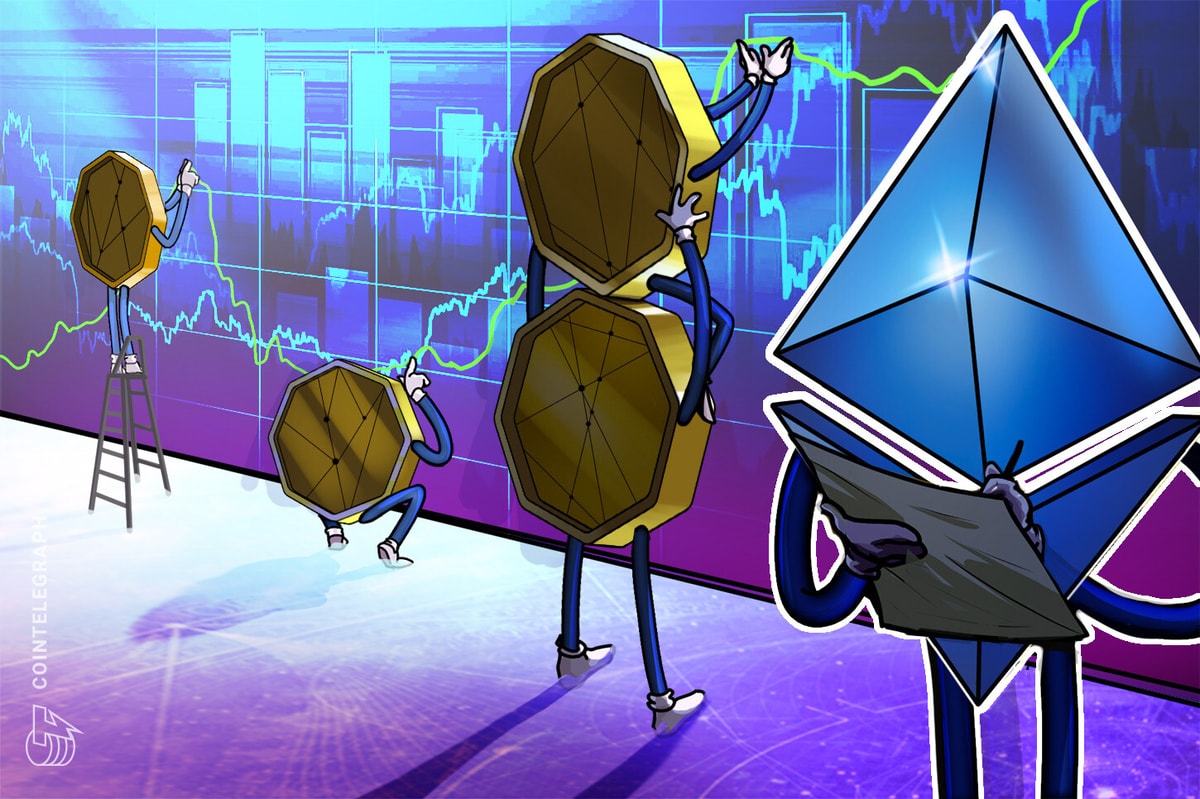Uniswap, the most popular decentralized exchange (DEX), has launched its own application-specific layer-2 blockchain network, Unichain, developer Uniswap Labs announced on Oct. 10.
The app chain, which is still on testnet, promises to deliver faster and cheaper transactions and enhanced interoperability across blockchain networks, Uniswap said.
“Unichain will deliver the speed and cost savings already enabled by L2s, but with better access to liquidity across chains and more decentralization,” Hayden Adams, Uniswap Labs’ CEO, said in a statement.
As of Oct. 10, Uniswap commands nearly $5 billion in total value locked (TVL) across some 25 blockchain networks, based on industry statistics.
Source: Optimism
Related: New Ethereum proposal aims to increase throughput by 50%
Unichain is part of Optimism’s Superchain, an interoperable network of layer-2 scaling solutions built using Optimism’s technology stack.
Other superchain networks include Coinbase layer-2 Base and SNAXchain, which governs Synthetix’s decentralized perpetual exchange.
According to Uniswap Labs, Unichain will initially feature 1 second block times. It eventually plans to cut block times to less than 250 milliseconds.
“This will feel like a near-instant transaction experience for the user,” according to Uniswap Labs.
Unichain will enable traders to access liquidity from other layer-2 networks in Optimism’s superchain.
Superchain networks Base and Optimism host approximately $2.25 billion and $625 million in TVL respectively, according to DefiLlama data.
Source: Flashbots
In partnership with cross-chain bridging protocol Across, Uniswap Labs has also proposed an upgrade to the Ethereum network designed to synchronize cross-chain messaging across all its layer-2s.
The proposal — dubbed ERC 7683 — aims to standardize messages known as “intents” across blockchain networks.
Unichain is also working with Flashbots to integrate Rollup Boost, a modular block-building platform designed to be gradually extended with open-sourced “plug-ins.”
Rollup Boost extensions currently include 250-millisecond blocks and “verifiable priority ordering,” enabling applications to internalize Maximum Extractable Value (MEV).
Flashbots specializes in protecting users from the harmful aspects of MEV or ordering blocks to profit block builders at traders’ expense.
Magazine: 10 crypto theories that missed as badly as ‘Peter Todd is Satoshi’











